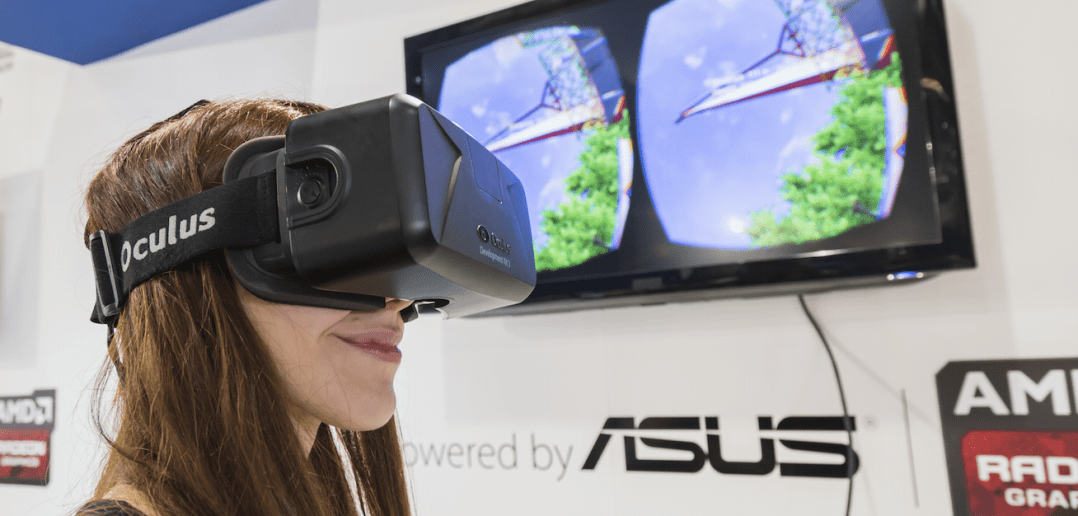Virtual reality has long been the ultimate promise of technology — a doorway into a magical world. Oculus Rift finally delivers on this promise. Mostly because the technology is more affordable and mainstream today than it was back in the 90s.
So far VR was mostly used and known in the gaming sphere, but now industry power players such as James Cameron, Steven Soderbergh and Werner Herzog are among the growing list of those interested in exploring VR.
Even James Murdoch mentioned virtual reality technology when asked at MIPCOM which new technology he is most excited about for the next five years. He said, “There’s a class of storytelling that’s benefitting from this technology, and the trajectory is towards immersion, towards entertainments that are indistinguishable from reality. We are on that path. It will not be appropriate for every type of storytelling… but for certain types of storytelling it will be the most extraordinary experience… and it’s not science fiction.”
(MIPBlog also got to try out Oculus Rift at MIPCOM 2014; read our impressions here)
Beyond Cannes, London-based Alchemy VR, a virtual reality production company, is already focusing on producing content for devices, such as the Oculus Rift. Their first project is a David Attenborough-style documentary on early life on Earth. The immersive experience surrounds the viewer/user with creatures which inhabited the Earth in prehistory. They are also working on an interactive journey inside Egypt’s Great Pyramid.
Another early example is a navigable version of Jerry Seinfeld’s apartment, created for Oculus Rift by a Seinfeld fan:
The next step will be that you are in the apartment of a TV character and you interact with the cast. But that’s future talk. The Oculus Rift is not even commercially available yet, but it does have the potential to alter the way we consume TV, movies, music, sports, even theatre. Kevin Spacey recently said that the Oculus Rift opened his eyes to the possibilities of virtual reality in the theatre world. Just imagine you slip on the goggles and suddenly you are in the front row of the Sydney Opera House or in the pit of a theatre as it was in the 1600s.
The emotional connection with the content is much stronger when the viewer is part of the experience. Facebook has realised this, too, and acquired Oculus VR earlier this year for approximately $2 billion. Mark Zuckerberg believes that the Oculus Rift will be “the next major computing platform that will come after mobile”. And Facebook’s marketing power has the potential to move VR further into the mainstream. Finally, with the Oculus Rift consumer product expected to cost around $350 a pair, it will also become affordable and accessible to many.
Sony, Samsung and Google are also racing to get their VR devices into the hands of consumers sometime in 2015 and this might change the world of entertainment forever. What makes VR so unique is that you can watch HD and 3D content, but also also have incredibly immersive experiences. The technology is almost there. All we need now is great content.
Sandra Lehner is senior social TV manager at joiz, and a frequent contributor to MIPBlog. Check out all of her posts here.
Image: © Stefano Tinti / Shutterstock.com




